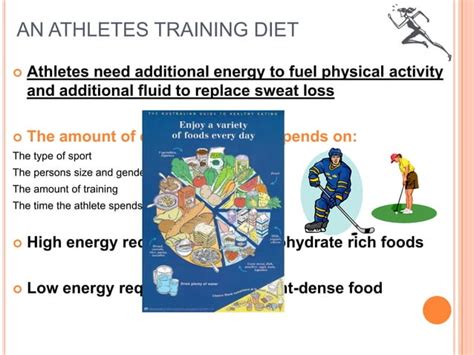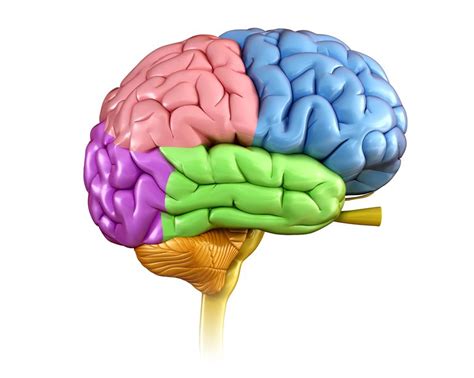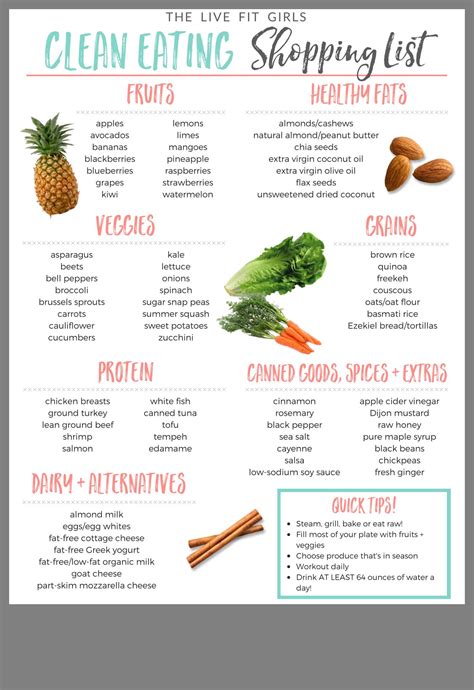How to optimize daily nutrition for men’s peak energy & cognitive performance?

In today’s demanding world, men are constantly seeking ways to maintain high energy levels and sharp cognitive function throughout their day. While factors like sleep and exercise play a role, the foundation for peak physical and mental performance lies in optimized daily nutrition. Fueling your body and brain with the right nutrients can make a profound difference in your ability to tackle challenges, focus, and thrive.
The Pillars of Sustained Energy: Macronutrients
To keep energy levels stable and avoid the dreaded afternoon slump, a strategic approach to macronutrients is essential. Complex carbohydrates provide a slow-release energy source, preventing blood sugar spikes and crashes. Think whole grains like oats, brown rice, quinoa, and whole-wheat bread. These are vital for both physical stamina and brain fuel.
Lean proteins are crucial for muscle repair, satiety, and the production of neurotransmitters that support cognitive function. Incorporate sources such as chicken breast, fish, lean beef, eggs, legumes, and tofu into every meal. Healthy fats, often misunderstood, are indispensable for hormone production, nutrient absorption, and long-term energy. Avocados, nuts, seeds, olive oil, and fatty fish like salmon provide essential omega-3 fatty acids which are particularly beneficial for brain health.

Boosting Brainpower: Key Micronutrients
Beyond the macros, specific micronutrients are powerhouses for cognitive function and cellular energy production. B vitamins, especially B6, B9 (folate), and B12, are critical for nerve function, energy metabolism, and neurotransmitter synthesis. deficiencies can lead to fatigue and impaired cognitive function. Rich sources include leafy greens, eggs, meat, and fortified cereals.
Omega-3 fatty acids, particularly DHA, are vital components of brain cell membranes and are linked to improved memory, focus, and mood. Ensure adequate intake through fatty fish or quality supplements. Antioxidants like Vitamin C and E, found in fruits, vegetables, and nuts, protect brain cells from oxidative stress, contributing to long-term cognitive health. Minerals such as magnesium, zinc, and iron also play pivotal roles in energy production and neural communication.

Hydration and Strategic Meal Timing
Often overlooked, proper hydration is paramount for both energy and cognitive performance. Even mild dehydration can impair concentration, mood, and physical stamina. Aim to drink plenty of water throughout the day, and consider electrolytes if you are highly active. Start your day with a glass of water to kickstart your metabolism and brain function.
Meal timing also impacts energy and cognitive peaks. Consuming a balanced breakfast sets the stage for a productive day, while regular, smaller meals or healthy snacks can help maintain steady blood sugar levels, preventing energy dips. Avoid heavy, high-sugar meals that can lead to post-meal sluggishness. Fueling pre-workout and refueling post-workout are also critical for physical recovery and sustained energy.
Smart Food Choices and Targeted Supplements
Prioritizing whole, unprocessed foods is the most effective strategy for optimizing nutrition. Limit intake of refined sugars, trans fats, and highly processed foods that offer little nutritional value and can contribute to energy crashes and cognitive fog. Instead, focus on a diverse array of colorful fruits and vegetables, lean proteins, and complex carbohydrates.

While a whole-food diet is ideal, targeted supplementation can fill nutritional gaps. Consider a high-quality multivitamin, omega-3 fatty acid supplements, and potentially Vitamin D, especially if sun exposure is limited. Always consult with a healthcare professional before starting any new supplement regimen to ensure it aligns with your individual health needs.
Practical Tips for Daily Implementation
- Meal Prep: Dedicate time each week to plan and prepare meals and snacks. This ensures healthy options are readily available and reduces the temptation of unhealthy convenience foods.
- Mindful Eating: Pay attention to hunger and fullness cues. Eat slowly, savoring your food, which can aid digestion and prevent overeating.
- Balance Your Plate: Aim for a balance of complex carbohydrates, lean protein, and healthy fats at each main meal to optimize satiety and sustained energy.
- Snack Smart: Keep nutritious snacks like nuts, seeds, fruit, or Greek yogurt on hand to bridge the gap between meals and maintain energy.
- Stay Consistent: Nutritional optimization is a marathon, not a sprint. Consistency in your dietary choices will yield the best long-term results for energy and cognitive performance.

By consciously optimizing daily nutrition, men can unlock their full potential for sustained energy, enhanced cognitive function, and overall well-being. It’s an investment in your health that pays dividends in every aspect of your life.








